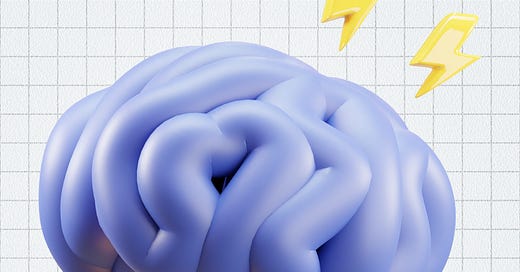“Serendipity always rewards the prepared.” -Katori Hall
I love my junk drawers.
A few years ago, I got a new desk with no drawers, mainly because it saved space in my home office (the desk could be placed on top of a radiator I will never turn on).1 In hindsight, I realized that this was an excellent decision for me because it meant that…




